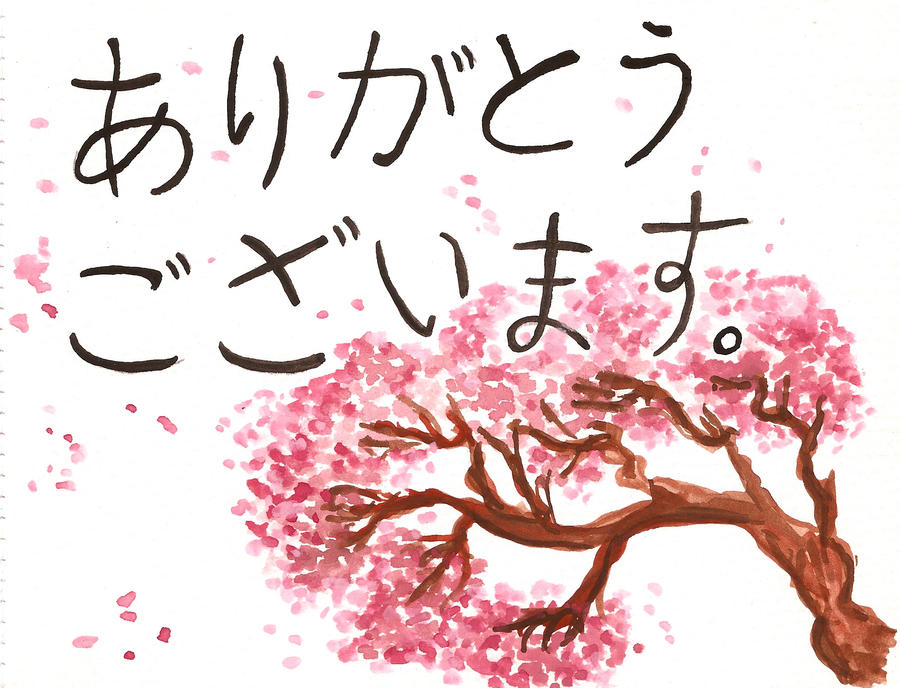
Arigato gozaimasu by emmaprew on DeviantArt
Arigatou Gozaimasu Artinya Apa? Arigatou gozaimasu berarti "terima kasih". Kata ini merupakan versi formal dari arigatou yang memiliki arti sama. Arigatou gozaimasu digunakan untuk berterima kasih kepada orang asing, orang yang lebih tua, atau orang dengan jabatan yang lebih tinggi. Arigatou gozaimasu tergolong sopan dan formal.
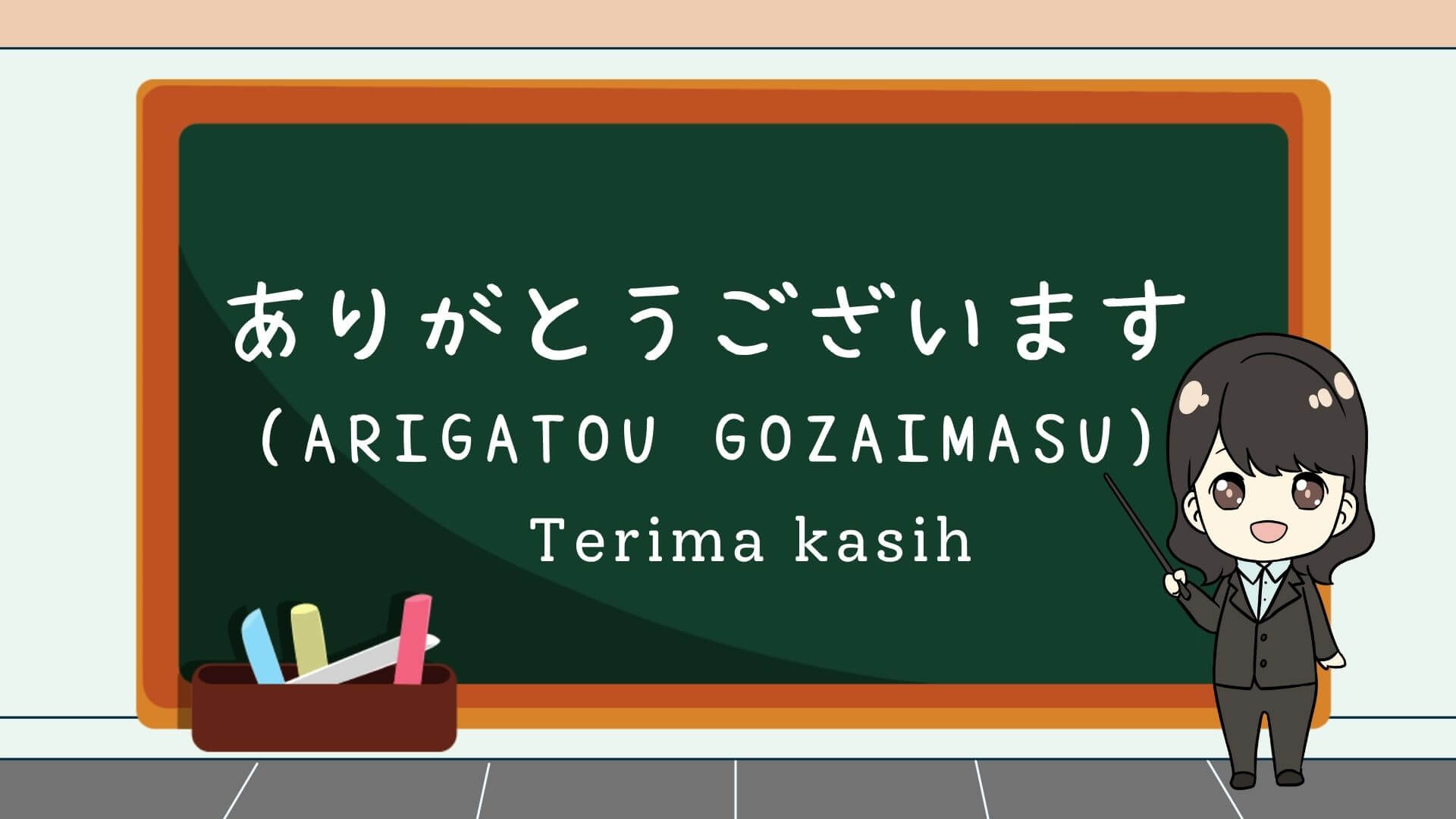
Arigatou gozaimasu (Terima Kasih) Belajar Bahasa Jepang Kepo Jepang
Versi lengkapnya adalah "doumo arigatou gozaimasu" atau "doumo arigatou gozaimashita". Versi lengkap diucapkan dalam kondisi formal, kepada orang yang belum dikenal, berusia lebih tua, atau memiliki status sosial lebih tinggi. 3. Sumimasen. Sumimasen memiliki arti "maaf" atau "permisi".
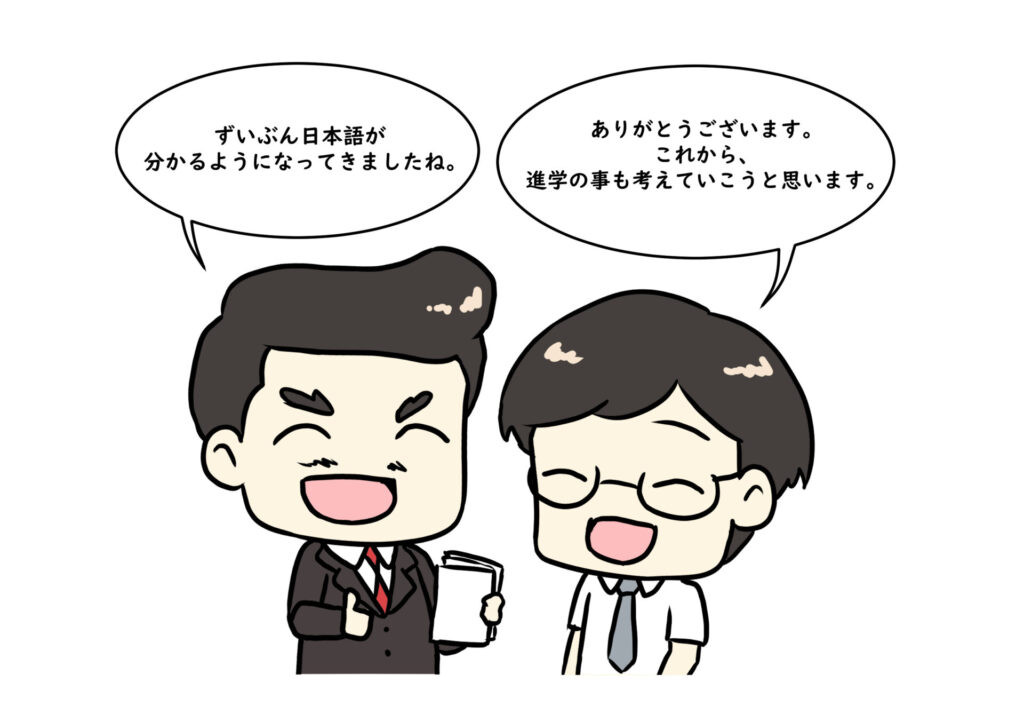
Arigatou gozaimasu (Terima Kasih) Belajar Bahasa Jepang Kepo Jepang
The Basic 'Thank You' in Japanese: Arigatou. 'Arigatou' (ありがとう) is the most basic and widely recognized way to say 'thank you' in Japanese. This phrase is your go-to expression of gratitude suitable for a vast array of situations. It is versatile and can be used in both formal and informal contexts, showing appreciation for a favor, a.

Arigatou Gozaimasu PNG, Vector, PSD, and Clipart With Transparent Background for Free Download
This one is for situations when you want to be even more polite. 3. Hontoni arigato gozaimasu / Thank you so much. If you want to emphasize your appreciation, you can say " hontoni arigato gozaimasu ". If you want to be a little more casual, you can say " hontoni arigato " [honto:ni arigato:]. 4.

Thank You In Japanese Arigato Gozaimashita
The phrase ありがとうございます Arigato gozaimasu literally means it is difficult to exist. あり Ari = exist. がとう gato (originally, gatai) = difficult or hard (very old Japanese) ございます = is (Humble Form) It refers to someone's action or deed that is difficult to exist, hence rare and precious, and something that we.

THANK YOU in Japanese arigatou gozaimasu vs arigatou gozaimashita YouTube
In Japan, when you are a customer (客 kyaku), you'll be treated like a God and they will speak formally to you. And although you don't have to be as formal / polite to them, you'll still use the formal speech (e.g. -masu / -desu at the end). For thanking friends / families, use. ありがとう。. Arigatou. = Thank you.

Arigatou Gozaimasu Saudação Linda Borda Branca PNG , Arigatou Gozaimasu, Saudações, Fofa Imagem
Arti Kata "Arigatou gozaimasu". Pasti banyak orang yang tahu bahasa Jepang yang satu ini. Arigatou gozaimasu yang digunakan untuk mengungkapkan rasa "terima kasih" biasa dipakai dalam situasi umum yang kebanyakan bersifat formal. Umumnya digunakan ketika kalian ingin mengungkapkan "terima kasih" kepada orang yang belum kalian kenal.

ARIGATOUGOZAIMASU — Hello! Tokyo Tours
A Simple Thanks. This form is the one you hear in all the TV shows and movies. Arigatou ( ありがとう) is a fast and easy way to say Thank you in Japanese. You should only use this when speaking to one of your peers and it's somewhat casual. For example, if one of your friends lends you a pencil, then you could say Arigatou ( ありがとう) .

QUAL A DIFERENÇA ENTRE "ARIGATOU GOZAIMASU VS ARIGATOU GOZAIMASHITA? YouTube
Pengertian Arigato. Secara bahasa arti Arigatou adalah Terima Kasih. Arigatou adalah ucapan terima kasih dalam Bahasa Jepang yang tingkatannya non formal (biasanya digunakan kepada teman atau orang yang lebih muda) Sedangkan ucapan terima kasih formal yang diucapkan kepada orang tua atau atasan biasanya "Arigatou Gozaimasu"

♯13 ‘Arigatou gozaimasu’ dan ‘Arigatou gozaimashita’ YouTube
Keduanya memiliki arti yang sama. Perbedaannya, arigatou gozaimasu merupakan bentuk formal yang diucapkan saat ingin menyatakan rasa terima kasih. Namun, apabila ingin mengungkapkan terima kasih dalam bentuk lampau, kata yang tepat adalah arigatou gozaimashita ありがとうございました。
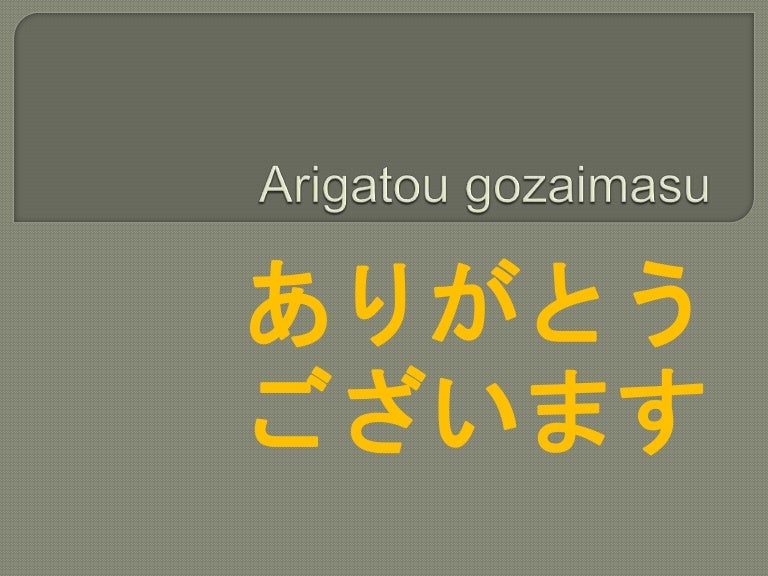
Arigatou gozaimasu
You can't say gozaimasu on its own, it wouldn't mean much of anything, but arigatou is a nice quick thanks for casual situations, and arigatou gozaimasu is an excellent way to politely express your thanks. 5. Hontoni arigatou gozaimasu - 本当に ありがとう ございます. Pronunciation: hohn-toh-nee ah-ree-gah-toh goh-zah-ee-mahs.

Arigatou Gozaimasu! by ichibiko on DeviantArt
Arigato gozaimasu (sometimes transcribed in "Arigatou gozaimasu") is a more polite way of saying "Arigato". This is the most common form of politeness when you talk to someone who has a higher professional or social status than yours. Domo arigato gozaimasu, a formal thank you very much. どうもありがとうございます。 Domo.

BEDA ARIGATO GOZAIMASU DAN ARIGATO GOZAIMASHITA (BAHASA JEPANG) YouTube
Bentuk Sopan dari Arigatou. Dalam bahasa Jepang ada beberapa bentuk sopan dalam mengungkapkan rasa terima kasih: 1. 誠にありがとうございます。. / Makoto ni arigatou gozaimasu. Menempatkan kata "誠に/Makoto ni " di sebelum ありがとうございます, mengandung arti lebih sopan dan formal. 誠に/ Makoto ni mempunyai arti.

¿Cuál es la diferencia entre "arigatou gozaimasu" y "arigatou gozaimashita"? en japonés + ejercicios
1. Dou Itashimashite - You're Welcome (formal) This is the standard reply that Japanese textbooks teach you to use when someone says "Arigato" or "Arigato gozaimasu". Dou itashimashite (どう致しまして or どういたしまして) means " You are welcome ", " Don't mention it ", " Not at all ", or " My pleasure.
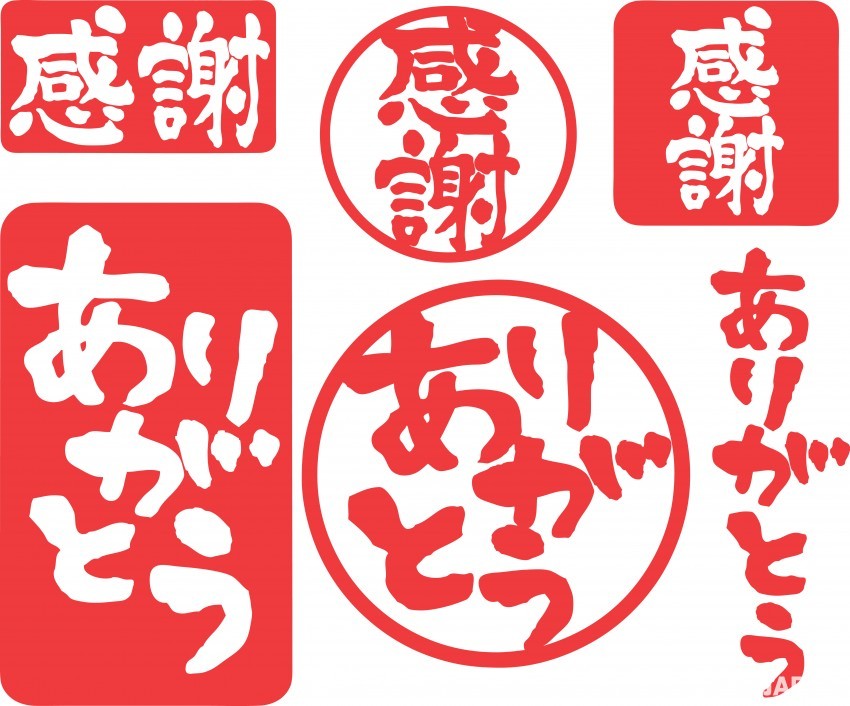
Arigatou là gì? Ý nghĩa và cách dùng từ vựng “Arigatou” trong tiếng Nhật
The Japanese word " arigato " (ありがとう) means " thank you " or " thanks ". It is the most basic and one of the most commonly used expressions to say " thank you " in Japanese. Personally, I prefer to think of it and translate it as " thanks " instead of "thank you" since it is the slightly more casual version.

Arigato Gozaimasu /w\ •Anime• Amino
Updated on September 12, 2017. If you are in Japan, you will probably hear the word arigatou (ありがとう) used on a regular basis. It is an informal way of saying "thank you." But it can also be used in conjunction with other words to say "thank you" in Japanese in more formal settings, such as an office or a shop or anywhere where manners.